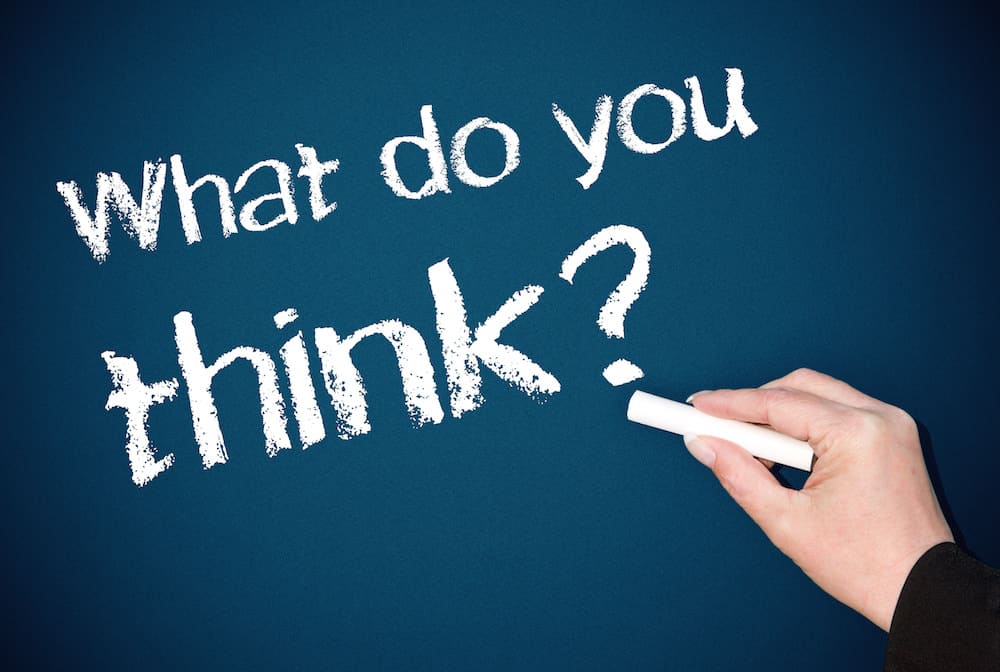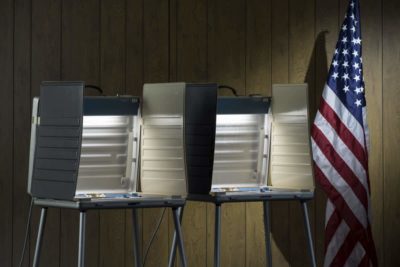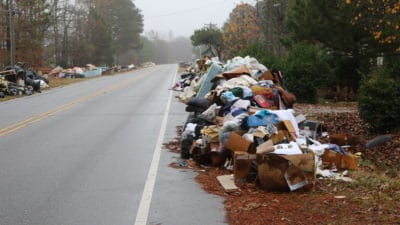
Prelude
In the current semester at the University of North Carolina at Chapel Hill, I have focused my Public Affairs Reporting class on coverage of education. To give the 14 undergraduate students in the class an exercise in writing about public opinion, I asked Tom Jensen, director of Public Policy Polling (PPP), whether he could add a few education-related questions to PPP’s regular North Carolina survey rotation.
Jensen, one of my former students, generously agreed — and has allowed me to share results not only with students but also to report them here at EdNC. My students brainstormed question-ideas in class, which helped inform the eight additional questions PPP asked on its Feb. 24-26 survey of North Carolina voters.
PPP takes polls using an automated telephone system, with respondents answering by touching the key pad. It also reaches voters through the Internet. In the February poll of 849 North Carolina voters, 80 percent came over the phone, 20 percent through the Internet. PPP is allied with Democratic candidates, but it has built a strong record of reliable findings in state and national politics.
Of the 849 voters polled in February, 26 percent said they currently have a child in a public school, 7 percent in either a charter or a private school, and 61 percent without a child in school. You can learn more about PPP methodology here.
Findings
The PPP poll found strong majorities, or near-majorities, on several key issues facing state policymakers. And yet, it also detected significant divisions along party and ideological lines.
Public school teachers
Three out of four North Carolinians said that public school teachers are paid too little, while one out of five said they are paid the right amount. This result is roughly consistent with a recent High Point University poll of 421 voters that found 85 percent saying teachers are not paid enough. In the PPP poll, 85 percent of self-identified Democrats said teachers are paid too little, far more than the 58 percent of Republicans who agreed with that opinion.
Principals
There appears to be substantially weaker public sentiment in support of an effort to increase the pay of school principals. The PPP poll found that only 33 percent agreed that principals are paid too little, while 36 percent said principals are paid about the right amount, and 19 percent said they are paid too much.
School grades
The PPP poll, as well as the High Point poll, found that four out of 10 voters would give North Carolina public schools an overall grade of C. The PPP poll found that 32 percent would give either an A or a B, about five percentage-points more voters than the High Point poll.
The PPP poll posed a follow-up question: “Now, thinking about the public school that your child attends, or if you don’t have a child, the school nearest your home, what grade would you give that local school?” Grading jumped markedly: 18 percent would give an A, 34 percent a B, and 25 percent a C. Barely 15 percent would give a D or F.
This result is consistent with a long-standing trend of Americans having skepticism about schools in general, but admiration of the school that they are familiar with nearby.
School vouchers
To test North Carolinians’ opinion on school vouchers, we chose a question worded similar to the language the Gallup organization uses in its annual comprehensive national survey on education: “Do you support or oppose allowing parents and students to choose a private school to attend at public expense?” The poll added the phrase, “a system known as vouchers.”
While the national Gallup poll in mid-2014 found 63 percent of Americans opposed to government subsidy for private schooling, the PPP poll found 49 percent of North Carolinians opposed, 37 percent in favor, and 25 percent not sure.
In North Carolina, this is an issue with ideological and partisan differences. Slightly more than 50 percent of voters who described themselves as very conservative or somewhat conservative favor allowing private education at public expense; in contrast, more than 50 percent of moderates and more than 60 percent of liberals oppose vouchers.
Among Republicans, in the PPP poll, 49 percent favor vouchers, 39 percent oppose. Among Democrats, 28 percent favor vouchers, 57 percent oppose.
Pre-K
A question about whether to extend pre-kindergarten classes to four-year-olds also yielded differences along ideological lines. Overall, 56 percent of North Carolinians supported extending pre-K to all four-year-olds, 8 percent supported extending to only children from poor families, and 28 percent did not support extending pre-K at this time.
More than 50 percent of conservatives did not support expanding pre-K in North Carolina; in contrast, more than 75 percent of liberals, and more than 60 percent of moderates, supported extending kindergarten to all four-year-olds.
The PPP poll findings help illuminate why policymaking proceeds as it does in today’s North Carolina. With the General Assembly shaped by districts designed to be clearly Democratic and clearly Republican, there is often a disconnect between action in Raleigh and public sentiment across the state. Individual lawmakers elected from distinctly partisan districts have much less political incentive to respond to statewide opinion than to their own constituents and their own attitudes and ideas.
Click here to see complete results from this poll.
For the results on candidates and political topics, here’s a link to the North Carolina section of the PPP website.



